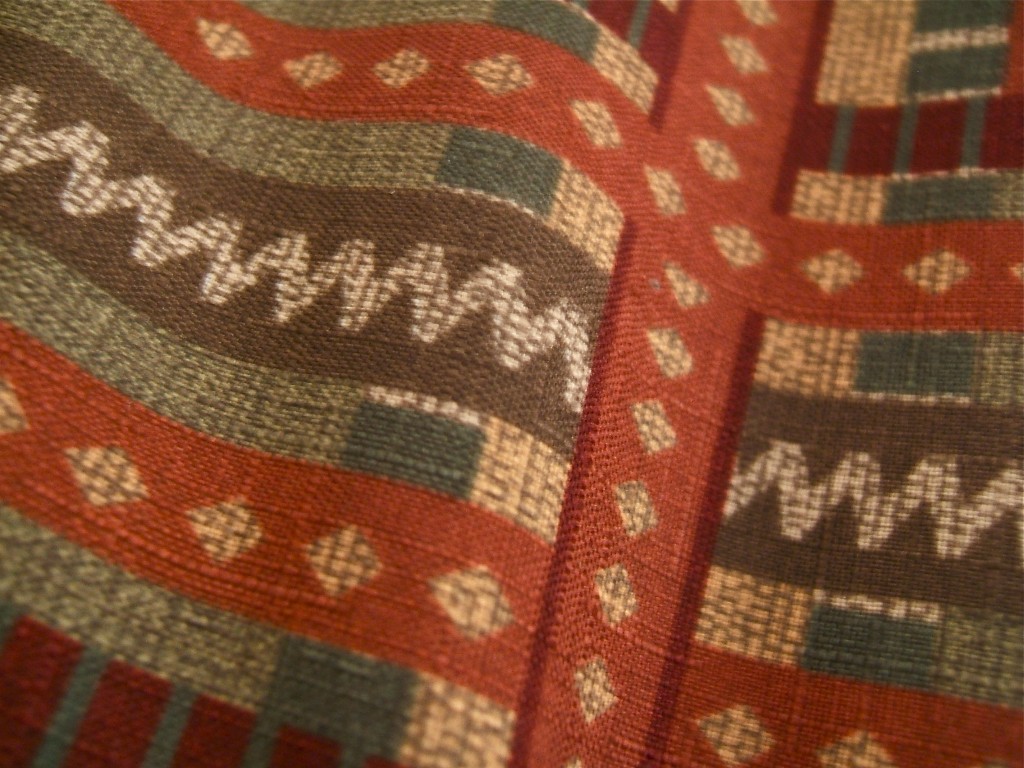 A few days ago as I was working on my memoir, I wrote, “Though he has broad shoulders, I should not lean on them as much as I do.” Seeing the words “shoulder” and “should,” just one word apart from each other stopped me in my tracks. They are words with different meanings. Their spelling is alike, except for the “er” in shoulder. And they are very much related, especially in the way we use them today.
A few days ago as I was working on my memoir, I wrote, “Though he has broad shoulders, I should not lean on them as much as I do.” Seeing the words “shoulder” and “should,” just one word apart from each other stopped me in my tracks. They are words with different meanings. Their spelling is alike, except for the “er” in shoulder. And they are very much related, especially in the way we use them today.
I looked up the meaning and origin of each word. According to the Merrriam-Webster Dictionary, the word should comes from “the middle English word, sholde and the Old English word sceolde.” One of its many uses is “in auxiliary function to express obligation, propriety, or expediency.”
Shoulder on the other hand “in Middle English is sholder from Old English sculdor; akin to Old High German scultra.” We of course know it to mean the part of the body between the neck and the tops of our arms. It can also mean to carry a burden or to push through.
I first heard the expression, “Don’t should on me,” years ago at one of the first Alanon meetings I went to. Dealing with my mother’s alcoholism and another family member’s drug habits, I went to those meetings to find my way through the maze of how to live my own life while being a family member with concerns about my loved ones. My mother-in-law had also been an alcoholic when she was alive and I’d successfully made her into my worst enemy by telling her that if she really loved her son and her new grandson, she shouldn’t drink.
It was years before I learned that “should” doesn’t mean anything when it comes to addiction, whether it’s to alcohol, heroin, or food. Addiction is a disease that is genetic and runs in families. It is a biological urge that is difficult, if not impossible to overcome.
I have always been a “shoulder.” Should is a frequent part of my speech no matter who I’m talking to, and especially when it comes to myself. “I should go to the gym four times a week, I shouldn’t eat too much dessert, and I should be more patient,” are always on the tip of my tongue. It was a family pattern I grew up with. I was constantly being told I should or shouldn’t, as in “You shouldn’t be seeing that boy. You should be seeing someone closer to your own age.”
I’ve also been one big “shoulder.” I’ve carried a lot of stuff belonging to other people on my shoulders so that they would feel less pain. I’ve always hated watching people, especially my family and innocent creatures like dogs, cats, and horses suffer. So in order to keep those I love from painful predicaments I often try to carry their baggage for them. When it came to my parents, I was their go-between when they fought. I became the family “fixer” who knew just what to say to calm everyone else down, while I broke apart from the weight.
I’ve been known for taking the reins when someone falls off their horse and lies on the ground broken and in pain. I took my mother in during her last years, caring for her as best as I could, often at my own emotional expense. I know now that I shouldn’t be carrying anyone else’s baggage but my own. But it’s still a tendency and I’m working hard at being less prone to that way of life. I’m being fairly successful, though now and then I find it particularly difficult to pass up taking in a stray dog or cat.
The pinched nerve in my neck/shoulder area is almost 100% better. I think it had something to do with a should. The one in which I said I should have my first draft done by October first. Well, it’s not going to happen and that’s fine by me. I’m learning to listen to my body when it tells me what I should and shouldn’t be doing.
Are you a “shoulder?” If so, what makes you want to take on the weight of the world?




